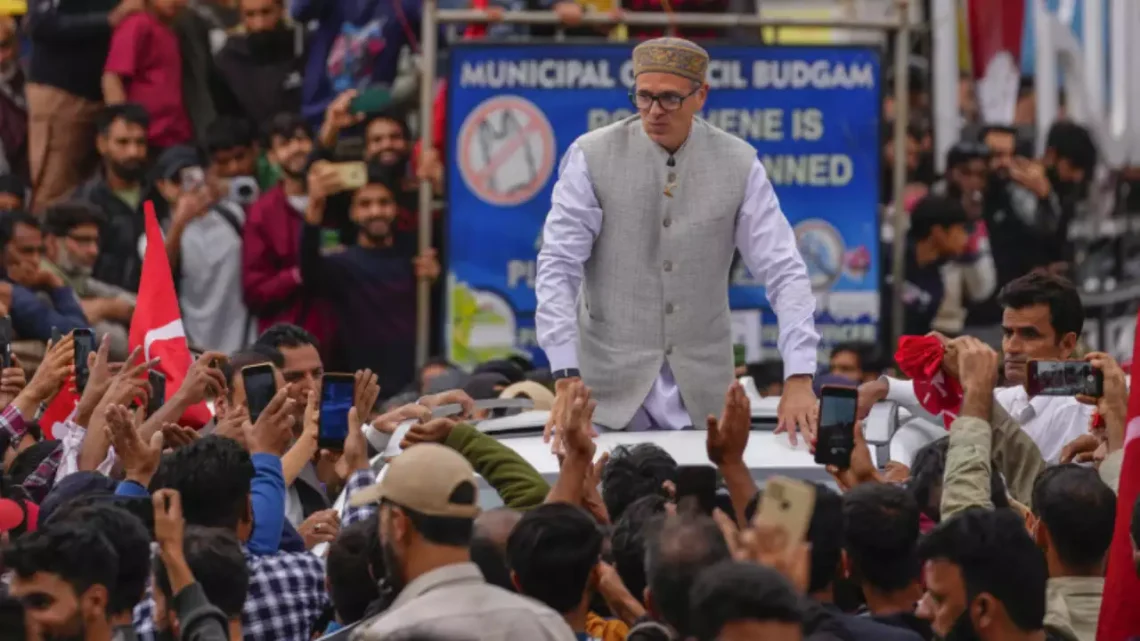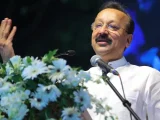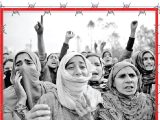
IIOJK Elections are Strong Rejection of BJP’s Actions: Vice President NC
October 13, 2024Omar Abdullah, Vice President of the National Conference, recently stated that the election results in the Indian illegallt occupied Jammu and Kashmir (IIOJK) Assembly signify a clear rejection of the BJP’s (Bharatiya Janata Party) actions.
In a media interview in Srinagar, Abdullah referred specifically to the events of August 5, 2019, when significant changes were made to the region’s status. He emphasized that the outcome reflects widespread discontent with the BJP’s approach.
Abdullah pointed out that this rejection encompasses all seats not won by the BJP. He mentioned independent candidates, the Peoples Democratic Party, and other alliances, reinforcing that their victories indicate a collective dissent against the ruling party.
When asked about his commitment to passing a resolution in the assembly aimed at restoring statehood and opposing the BJP’s moves regarding Article 370, Abdullah had a straightforward response. He asserted that the cabinet should initiate the resolution, rather than waiting for assembly discussions.
“The cabinet should be proactive in addressing statehood restoration,” he said. Abdullah believes that the assembly can engage in broader debates, but immediate action from the cabinet is necessary.
In response to further inquiries about the future status of Jammu and Kashmir, Abdullah expressed optimism. He stated that the region should not remain a union territory for long.
He reminded listeners that the Prime Minister has publicly committed to restoring statehood. Abdullah noted that the BJP had outlined a three-step process: delimitation, elections, and eventual restoration of statehood. With two steps completed, he argued that it is time for the final step.
The Prime Minister’s commitment to statehood, according to Abdullah, should be fulfilled promptly. He emphasized the importance of political accountability to the people of Jammu and Kashmir, not just to those who voted for the government.
“The government must serve all residents, not just its supporters,” he said. Abdullah highlighted that 70 percent of voters in Srinagar chose not to participate in the elections, which raises concerns about representation.
He acknowledged the democratic choices made by voters in Jammu, underlining the respect he holds for their decisions. Abdullah’s remarks reflect a broader call for inclusivity and responsiveness in governance.
This situation illustrates a critical moment for political discourse in Jammu and Kashmir. Abdullah’s insistence on accountability and statehood restoration resonates with many residents who seek representation and rights.
The dialogue surrounding the region’s future remains complex, with various political factions advocating for their positions. The election results serve as a barometer for the current sentiment among the people.
Omar Abdullah’s statements encapsulate a push for change and a restoration of rights. The hope is for meaningful action that reflects the will of the people in Jammu and Kashmir.

